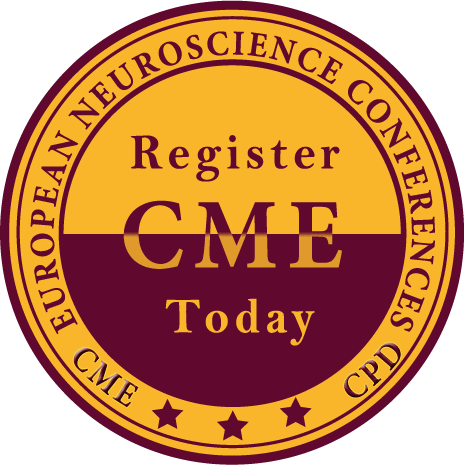
Antonio Scilimati
University of Bari, Italy
Title: Neuroinflammation: Prodrome of neurological and neurodegenerative diseases
Biography
Biography: Antonio Scilimati
Abstract
Brain inflammatory response, termed neuroinflammation, is crucial to protect the CNS. However, uncontrolled or prolonged neuroinflammation is harmful and could induce neuronal damage. This is particularly relevant in neurological and neurodegenerative diseases (i.e., Alzheimer and Parkinson diseases, amyotrophic lateral sclerosis, multiple sclerosis, traumatic brain injury, HIV dementia, and prion diseases), which are typified by evidence of microglial activation and neuroinflammation. Microglia, the resident immune cells in the brain, plays a role in immune surveillance. Once exposed to immunological challenges such as invading pathogens and neuronal injuries, microglia readily activate and undergo changes in morphology (hypertrophy), number (proliferation), and function (phagocytosis). As a consequence of their activation, microglia produce many pro-inflammatory factors and neurotoxic mediators including complement, arachidonic acid and its lipid metabolites (prostaglandins), cytokines, chemokines, nitric oxide and free radicals, several of which contribute directly to neuronal injury. Among the mechanisms involved into the neuroinflammatory complex network, the cyclooxygenase-1 (COX-1) (predominantly localized in microglia) plays a previously unrecognized role in the neuroinflammation as demonstrated by the attenuation of the inflammatory response and neuronal loss due to the genetic ablation or pharmacological inhibition of COX-1 activity. COX-2, the other known COX isoform, mainly localized in pyramidal neurons, is expected to predominantly contribute to increase prostaglandin biosynthesis in response to insults that directly challenge neurons, such as ischemia and excitotoxicity. In this context, the action of highly selective COX-1 inhibitors compared to coxibs (selective COX-2 inhibitors) in in vitro and in vivo neuroinflammatory state will be presented.


